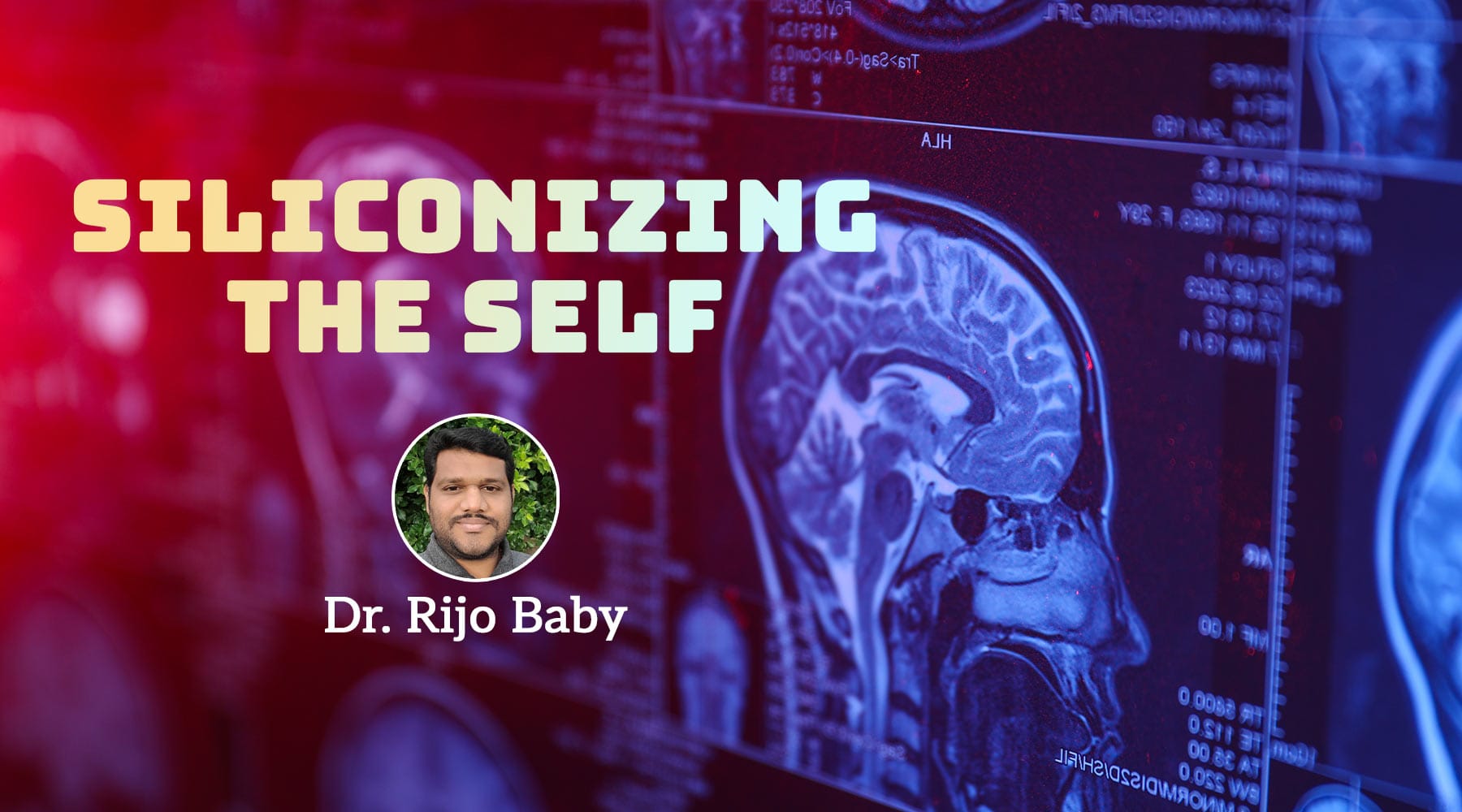In today’s swiftly evolving landscape of technological innovation, humanity stands on the brink of a paradigm shift unlike any other witnessed before. The emergence of brain-computer interfaces (BCIs) heralds a new era where the boundaries between the human mind and machines blur, offering tantalizing prospects of enhanced capabilities and medical breakthroughs. At the forefront of this transformative journey stands Neuralink, spearheaded by the visionary entrepreneur Elon Musk. Neuralink’s groundbreaking technologies are poised to revolutionize the way we interact with computers and robots, fundamentally altering the fabric of society.
At its core, Neuralink’s mission is to develop BCIs capable of seamlessly integrating with the human brain, enabling individuals to control external devices through mere thought. The implications of such advancements are profound, particularly for those with physical disabilities. Imagine a world where paralysis is no longer a barrier to mobility, where prosthetic limbs respond effortlessly to neural signals, restoring freedom and independence to those previously confined by their conditions. Neuralink’s pursuit of restoring lost function offers a beacon of hope to countless individuals, promising to alleviate suffering and enhance quality of life.
However, alongside these remarkable prospects lie a host of ethical quandaries that demand careful consideration. The distinction between therapeutic interventions and enhancements becomes increasingly blurred as BCIs grow more sophisticated. While restoring memory in dementia patients may seem unequivocally beneficial, questions arise when considering the ethical implications of enhancing cognitive abilities beyond natural limits. Should society condone the use of BCIs to grant individuals superhuman capabilities, potentially exacerbating social inequalities and fostering a culture of competitive enhancement?
Furthermore, the issue of autonomy and privacy looms large in the wake of BCI development. As BCIs delve deeper into the realm of neural data, concerns regarding data security and personal sovereignty come to the forefront. Will individuals retain control over their own thoughts and experiences, or will they become vulnerable to external manipulation and surveillance? The potential for coercion and involuntary implantation raises alarming ethical dilemmas, challenging fundamental notions of human agency and consent.
Neuralink’s innovative technologies also open avenues for novel applications beyond the realm of medicine, inviting scrutiny into their broader societal implications. The prospect of monitoring students’ attention in educational settings or manipulating workers’ cognitive functions for increased productivity raises profound ethical concerns regarding privacy invasion and individual autonomy. Moreover, the militarization of BCIs poses grave ethical dilemmas, as the line between therapeutic assistance and weaponization blurs, potentially exacerbating conflicts and endangering civilian populations.
To navigate ethical challenges, we need open discussions and careful thinking. While BCIs offer great benefits, we must consider their impact on society. It’s important for different groups like academia, industry, and government to work together to create rules that prioritize human values.
Moreover, the role of regulatory bodies and oversight mechanisms becomes paramount in safeguarding against potential abuses of BCI technologies. Striking a balance between fostering innovation and ensuring ethical integrity necessitates proactive regulation and transparent governance structures. By upholding rigorous ethical standards and promoting inclusivity and accessibility, society can harness the transformative power of BCIs while mitigating potential risks and safeguarding against unintended consequences.
Central to this ethical discourse is the imperative to prioritize human flourishing and societal well-being above mere technological advancement. While the allure of enhanced capabilities may be enticing, it is essential to remain grounded in ethical principles that uphold human dignity and respect for individual autonomy. By cultivating a culture of responsible innovation and ethical reflection, humanity can navigate the ethical complexities of BCI development and realize the full potential of these transformative technologies.
In conclusion, the emergence of brain-computer interfaces represents a watershed moment in human history, offering unprecedented opportunities for enhancing human capabilities and advancing medical science. However, their development also raises profound ethical questions regarding autonomy, privacy, and societal impact. As we embark on this journey into uncharted territory, it is incumbent upon us to tread carefully, guided by ethical principles that prioritize human well-being and societal flourishing. Only through collective dialogue, ethical discernment, and responsible stewardship can we harness the full potential of BCIs while safeguarding against their potential pitfalls.




